John Lee Ka-chiu, the only candidate for Hong Kong’s next chief executive, revealed that he could only raise funds in cash due to U.S. sanctions, according to local media reports. Businesspeople interested in supporting Lee’s campaign were reportedly reluctant to donate using their real names for fear of becoming targets of further U.S. sanctions.
The sweeping legislation enables Beijing to stamp out dissent in Hong Kong. More than 150 people have been arrested since the law was implemented, leading to more than 60 charges that are mostly against democratic politicians, activists, journalists, and students.
Lee’s campaign office chief, Tam Yiu-chung, recently told local media that there would be “many other channels to deal with the issue of accepting donations,” adding that “[the alternative channels] would be legal, compliant, feasible, and conducted in accordance with the election regulations.”
However, a group of businesspeople who expressed support for Lee chose to make donations indirectly through pro-Beijing organizations instead of making them to Lee, Hong Kong Economic Journal reported on April 23.
Former Cop Elevated to Top Political Role
John Lee, 64, former deputy commissioner of police, was elevated to chief secretary last June in a move that critics said signaled a further tightening of Beijing’s squeeze on the island.In June, Beijing appointed Lee to the city’s second-highest post of chief secretary, becoming the first security official to take the role. He resigned from this post earlier this month after announcing his candidacy for chief executive of Hong Kong. As the only candidate approved by Beijing to run in the May 8 election, he is assured of assuming the role.
However, Lee’s policy outline did not mention anything about defending press freedom or needing political reform, which are the topics that most concern Hong Kong residents.
Benson Wong, a Government and International Studies professor at Hong Kong Baptist University, told The Epoch Times that Lee’s policy agenda was irrelevant and completely avoided the many catastrophic crises currently facing Hong kong, including the massive wave of emigration.
“Lee did not dare to touch on sensitive issues such as political reforms or police brutality, nor did he dare to mention the damage to the rule of law in Hong Kong after Beijing implemented the security law,” Wong said.
Chairman of Hong Kong’s Democratic Party, Lo Kin-hei, told the local press that Lee’s policy outline is “repeating the same old tune” and unlikely to produce practical results, according to the Chinese edition of The Epoch Times.
Lo said that Lee’s priority should be building mutual trust with the people and listening to people’s voices rather than focusing on introducing an anti-subversion bill to the legislature and expanding the regulatory capacity of government agencies.
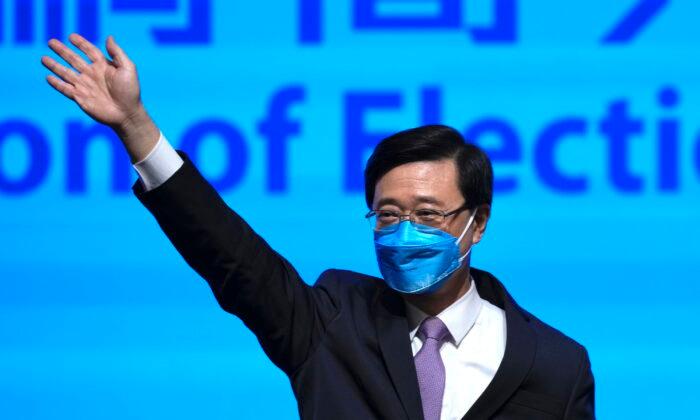
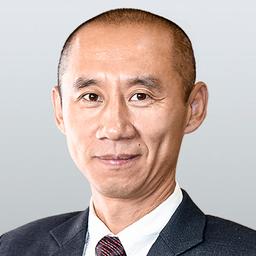
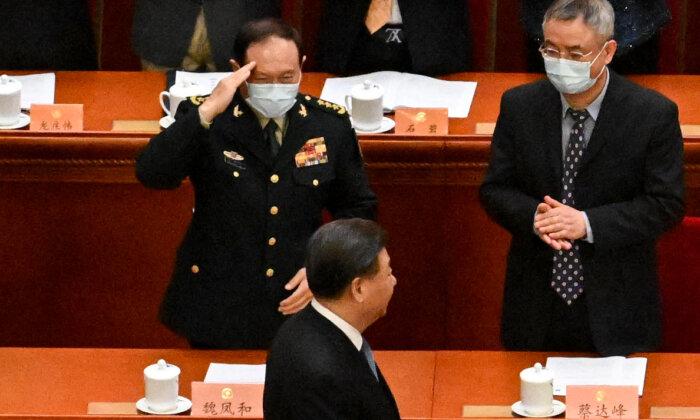
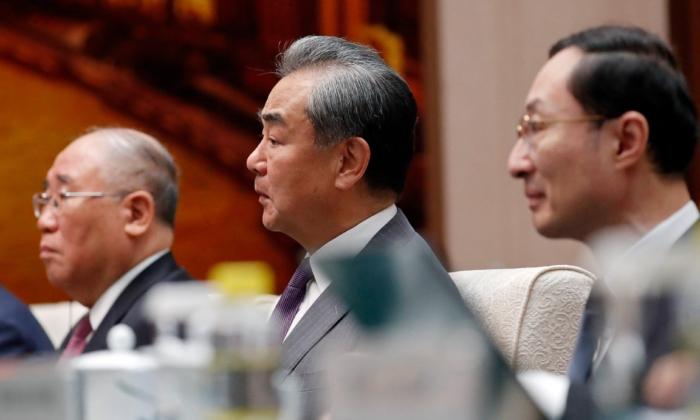
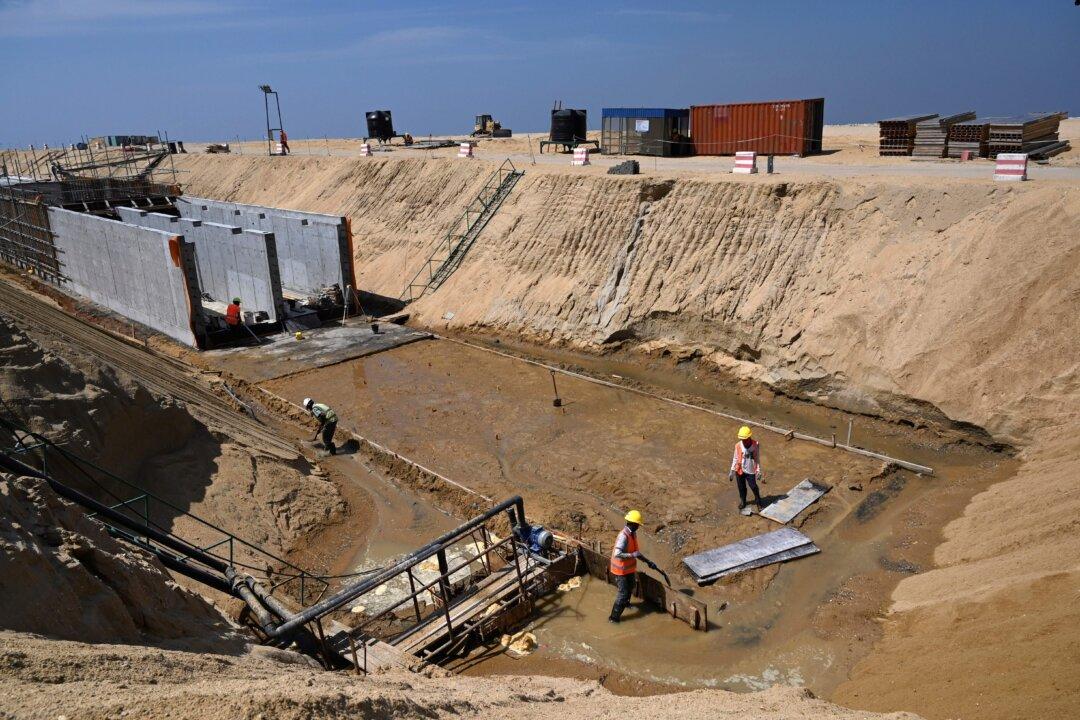
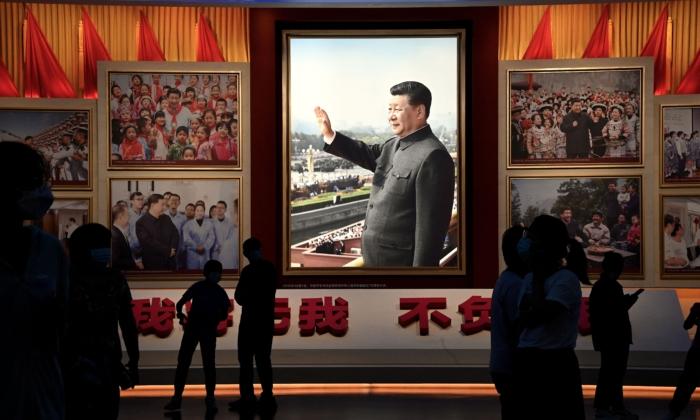
Friends Read Free